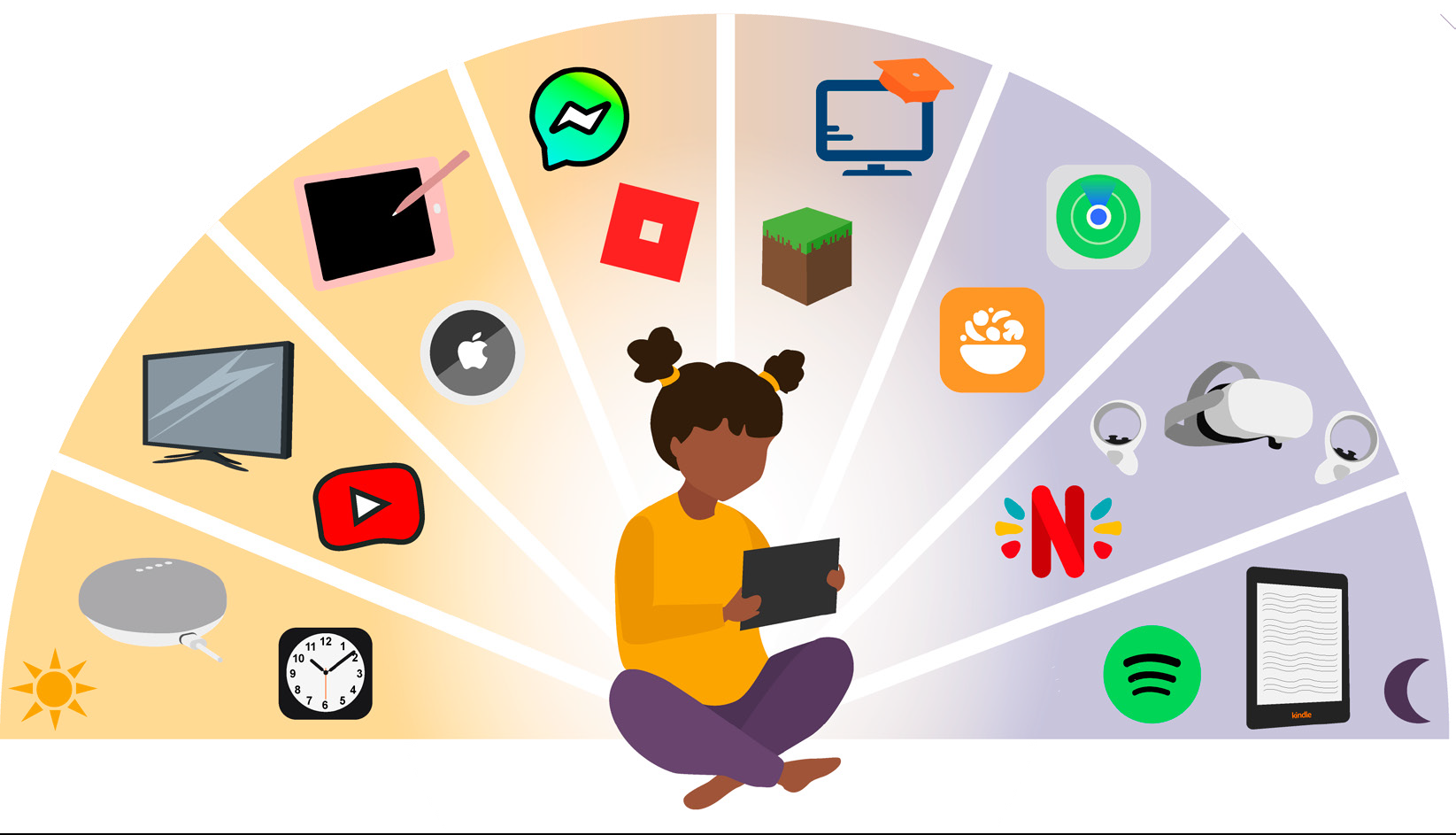Manifesto for a Better Children’s Internet
A Digital Child Working Paper from our Policy series
It is useful to think about the digital products, services, and content that children experience online as the Children’s Internet. There are numerous things we can do to create a better Children’s Internet for the future.
As a society, we will benefit from an ongoing public conversation about how to create better children’s internet experiences. After all, a better Children’s Internet makes a better Internet for all, prompting us to consider what it really means to have fun, productive, safe, diverse and ethical internet experiences.
The purpose of this document, then, is to investigate the elements and characteristics of the Children’s Internet and to show how to make it better for future generations of children. In particular, we are interested in the following, noting that these form the basis for the six sections of this document:
- Accessing the Children’s Internet. Children access the internet through an array of digital products, services, and content that are both specifically made for children, and not intentionally made for them. Importantly, not all children have the same access to the internet and digital experiences.
- Imagining the Children’s Internet. As a society, we tend to imagine that children should have particular kinds of internet experiences. These imaginaries appear in public, media, and policy discussions and debates about children’s internet use. These discussions, however, are often polarised between the risks and opportunities for children being online and often fail to reflect the realities of children’s internet experiences.
- The Children’s Internet as commercialised entertainment. Children’s entertainment and social connections are shaped by commercialised technology and media industries. The media and entertainment environment is now more complex than ever and structured through an ever expanding range of business models, which families have to navigate.
- The Children’s Internet as commercialised learning and education. Technology is often promoted to parents as being necessary for children’s learning and development. Schools and education systems make choices about which technology companies’ products to use. There is frequent hype about the ability of technology to revolutionise learning, but these claims are often unfounded.
- Regulating the Children’s Internet. Children’s internet experiences are constructed and governed through numerous intersecting conventions, regulations, policies, legal standards and social norms. A key challenge for enhancing children’s internet experiences is striking a fair balance between government regulation, technology company policies, and personal responsibility.
- Children and Families co-creating the Children’s Internet. Children are co-creators of the Children’s Internet through their participation with digital products, services, and content. By extension, parents, carers, and families also co-create the Children’s Internet as they share information and enable their children’s digital participation. Developing media literacy in an ongoing way is important for both children and families to succeed online.
Based on our investigation of these six elements, we have developed a set of principles to achieve a better Children’s Internet which we intend as a call for action for industry, governments, community leaders, decision- makers, educators, researchers, advocates, parents, and families.
Volume/Number: 2023-11
Date published: 15 November 2023
Series type: Policy
DOI: https://doi.org/10.26187/q42e-6047
Suggested citation: Dezuanni, M., Rodriguez, A., Sefton-Green, J., Leaver, T., Bunn, A., Potter, A., Farthing, R., Hourigan, A., Pangrazio, L., Mannell, K., Corser, K., Bennett, S., Levido, A., Zhao, X., Ng, R., Healy, G, & Willett, R., (2023), Digital Child Working Paper 2023-11, Manifesto for a Better Children’s Internet, Australian Research Council Centre of Excellence for the Digital Child, Queensland University of Technology.
Watch Michael Dezuanni explain the Children’s Internet for ABC Education


